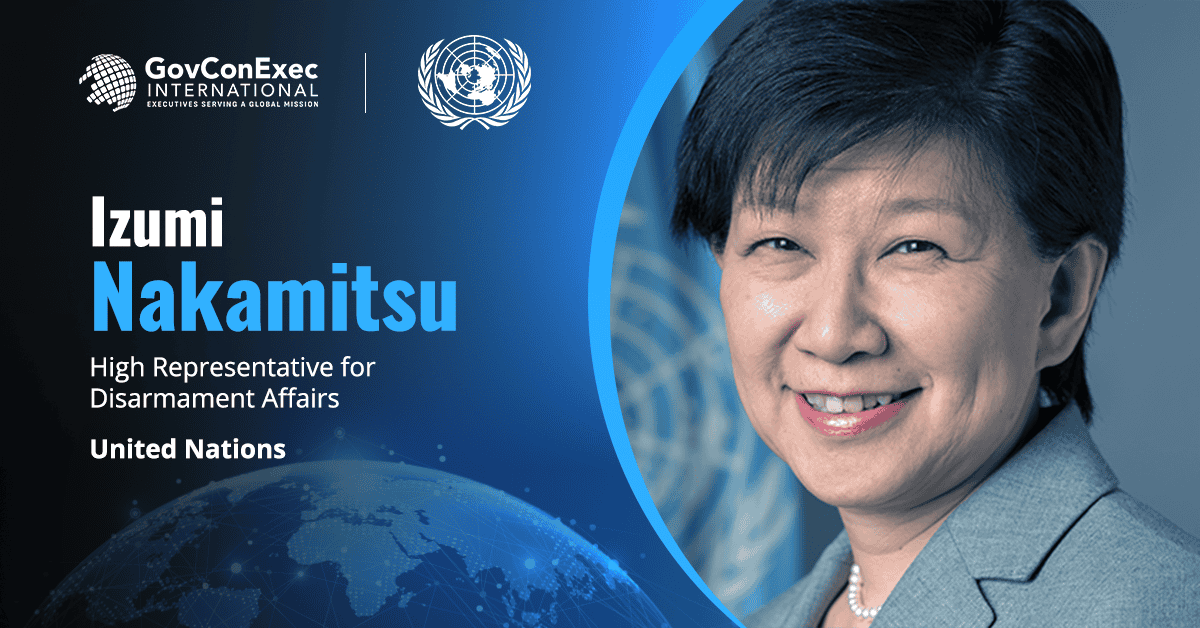Representatives of United Nations-adjacent disarmament agencies have highlighted the benefits of and concerns over the accessibility of artificial intelligence, unmanned systems and other emerging technologies.
On the sidelines of a recent meeting of the United Nations General Assembly’s First Committee, Hong Li of the Organization for the Prohibition of Chemical Weapons highlighted how large language models could empower bad actors to create chemical weapons on their own. To address this risk, OPCW has formed a temporary working group to explore the impact of AI on weapons of mass destruction.
However, innovative solutions could also support the United Nations peacekeeping mission. During the same event, Tracy Brown, liaison and public information officer at the International Atomic Energy Agency, shared how the IAEA is using machine learning to be more effective in monitoring nuclear facilities, assisting the agency in flagging suspicious activities, such as an unexpected transfer of radioactive materials.
The Comprehensive Test Ban Treaty Organization also launched a similar effort. Its NET-VISA program, capable of quickly and accurately identifying nuclear tests worldwide, has been detecting North Korea-led tests since 2006.
“We are living in an age of accelerated technological change … a time of heightened danger due to fraught and changing security environments,” said UN High Representative for Disarmament Affairs Izumi Nakamitsu. “We need to adapt the existing nonproliferation and disarmament regime to the ever-evolving security landscape.”


